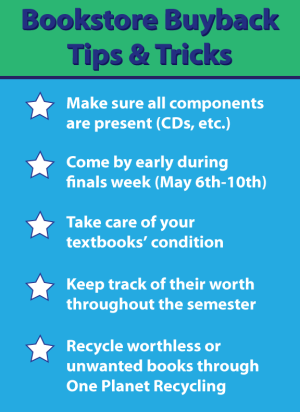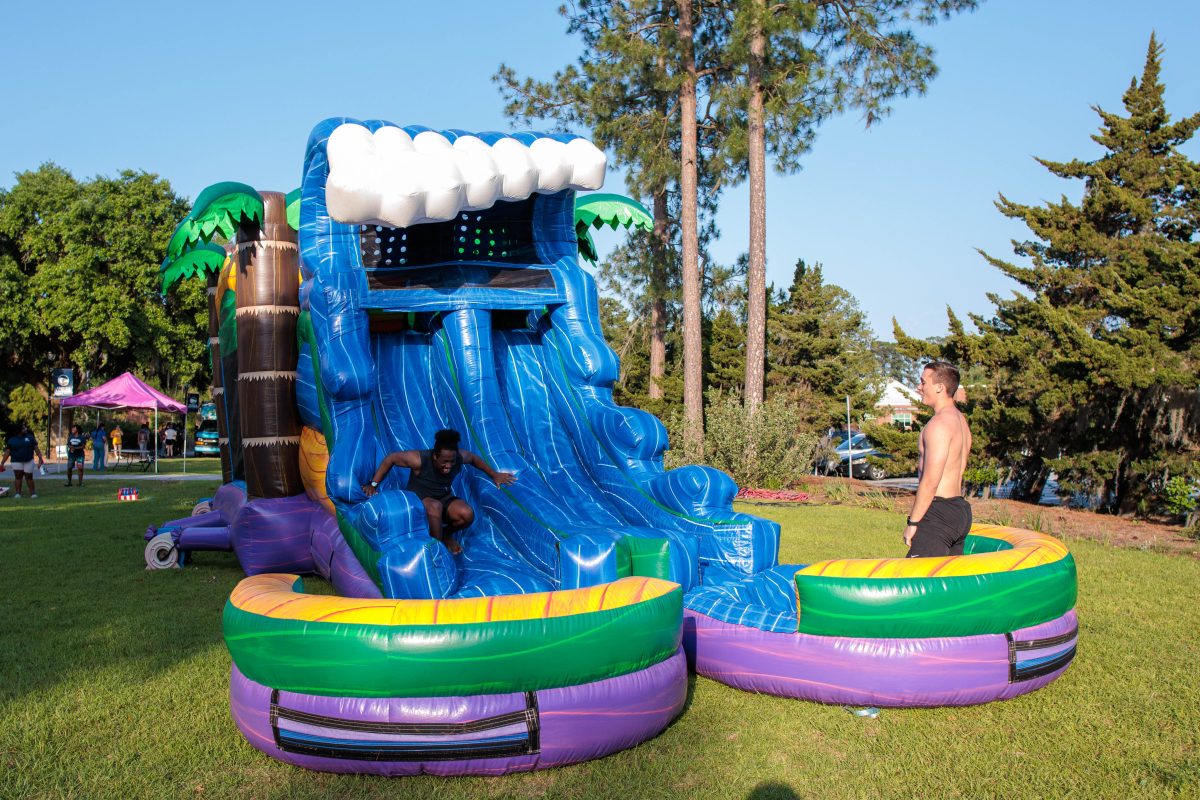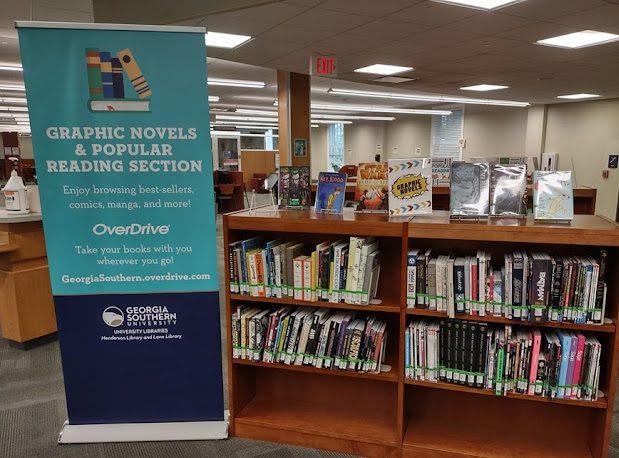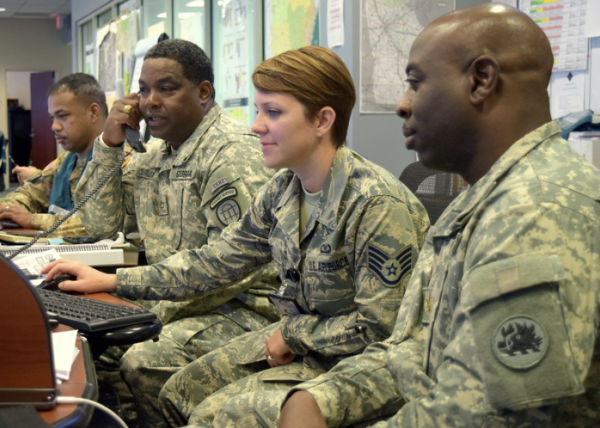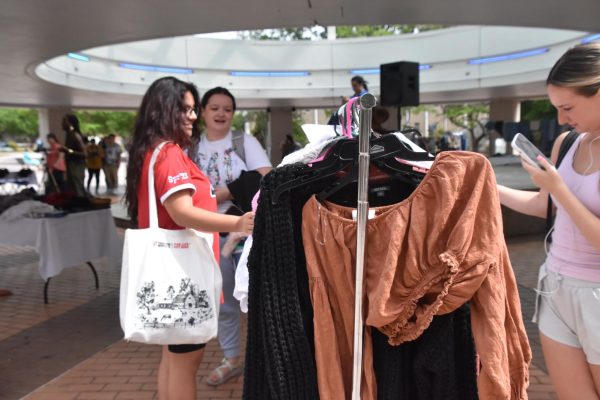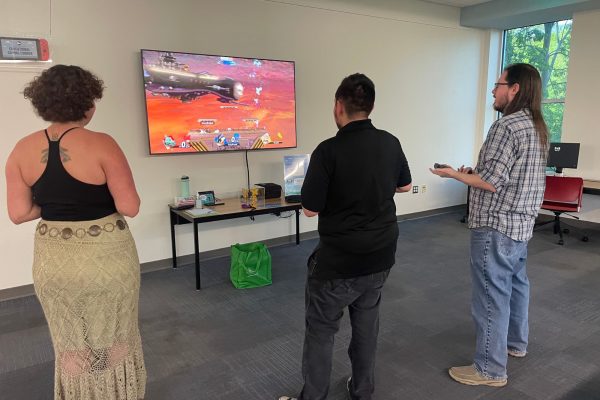University Store to offer green options for used books
May 2, 2013
At the end of every semester, students are faced with the obstacle of deciding where to sell their used textbooks, but in some cases, those used books are worth very little.
The University Store at Georgia Southern University provides an alternative One Planet Recycling option for students who want a greener option or cannot receive a good price.
One Planet Recycling is a program that covers the cost for shipping and sending the books off to a recycling company when The University Store will not buyback the book because it is no longer in circulation or the edition that the professor wanted, Jessica O’Neill, marketing manager at The University Store, said.
“We are trying to get more competitive with our prices, offering more programs and thinking in the mindset of the customer. It is about keeping the relationship,” Brooke Salter, textbook manager at The University Store, said.
If a book is in circulation and is in the correct edition, then students can try and sell their books back to The University Store.
There are quotas that have to be met. GSU always tries to keep the quotas at the highest national percentage, so there can be as many buybacks as possible. The more copies of a certain edition that the store receives, the more the buyback value decreases, O’Neill said.
Frequently The University Store does not buy books back because it has met the quota, Tricia Sutlive, sophomore pre-nursing major, said.
The buyback process starts with the initial transaction to purchase a book. The buyback helps accumulate money from that student, but then the money saved from the buyback saves money for the next student, Salter said.
By buying back books through The University Store, it keeps the money in circulation through the university and ultimately the money is returned to the student.
“It helps keep books here on campus, so we really do try to put in a lot of effort of beefing up our buyback to keep a lot of money with our students here on campus,” Salter said.
The store usually offers up to 66 percent of the new retail cost for a buyback, Salter said.
“It is based on a national scale, national criteria. We will get with the wholesaler of the book and evaluate what it is new versus what we can sell it as used. So obviously when you buy back a book it’s now used, so now we look at the national criteria and set the price that way,” O’Neill said.
“It is like going to GameStop. They are not going to give you the same price,” Deonte Will, junior bio-chemistry major, said.
There is a yearlong buyback policy that The University Store maintains, so any day of the year that the store is open a student can come and sell back their book. Students are encouraged to bring in the book at anytime and not to wait until the end of the year because there will not be as much money offered then, O’Neill said.
In order for the book to be bought back, it has to meet a certain standard.
“Certain things affect that because that is not guaranteed for every book. That depends on the market value of that book. If we’re buying it back we pay a little bit more for it. It’s the condition of the book we look for, certain factors affect it if it’s an older edition versus a newer edition,” Salter said.
Salter said, “We are family with our students. What you invest in your money is for yourself and others too at the university.”

